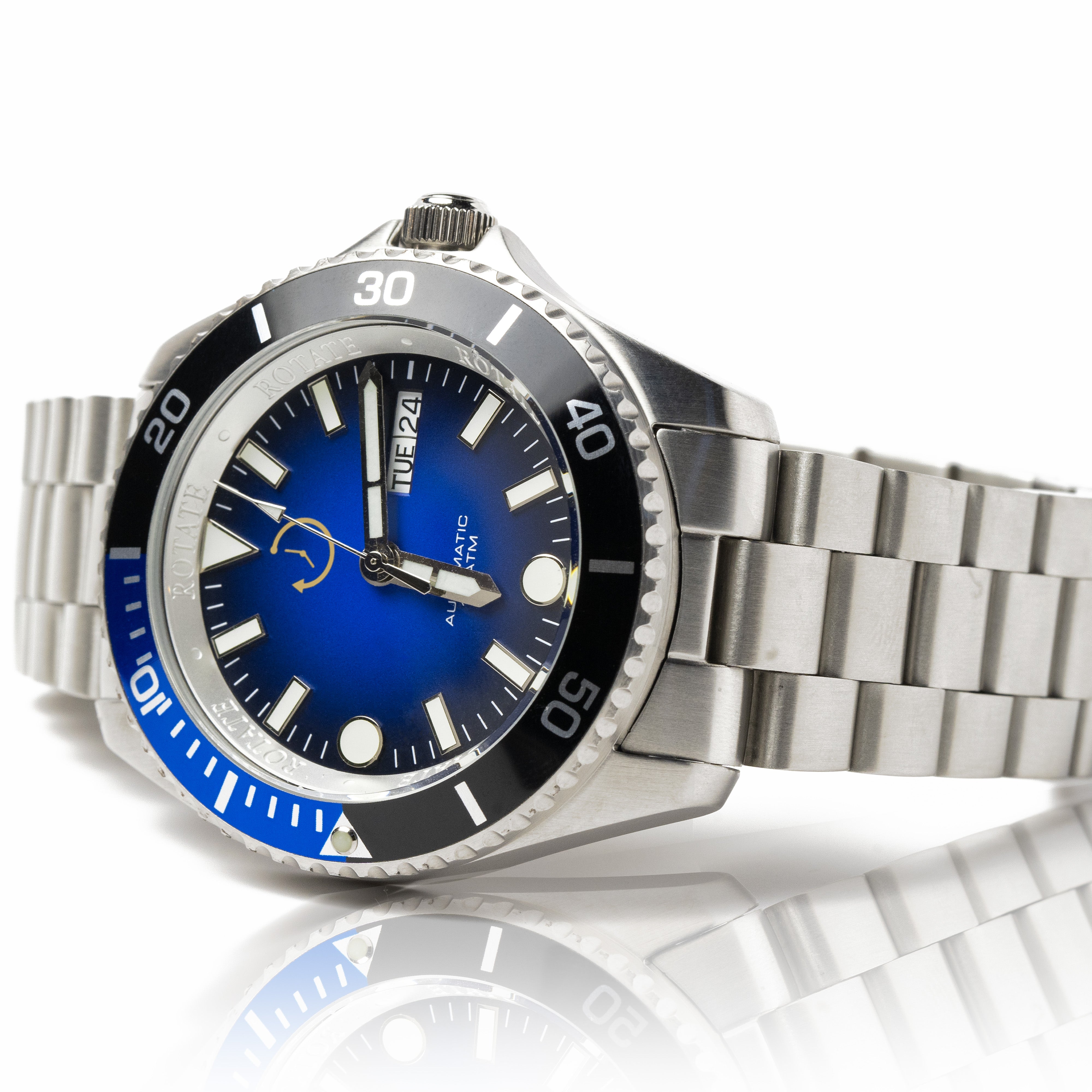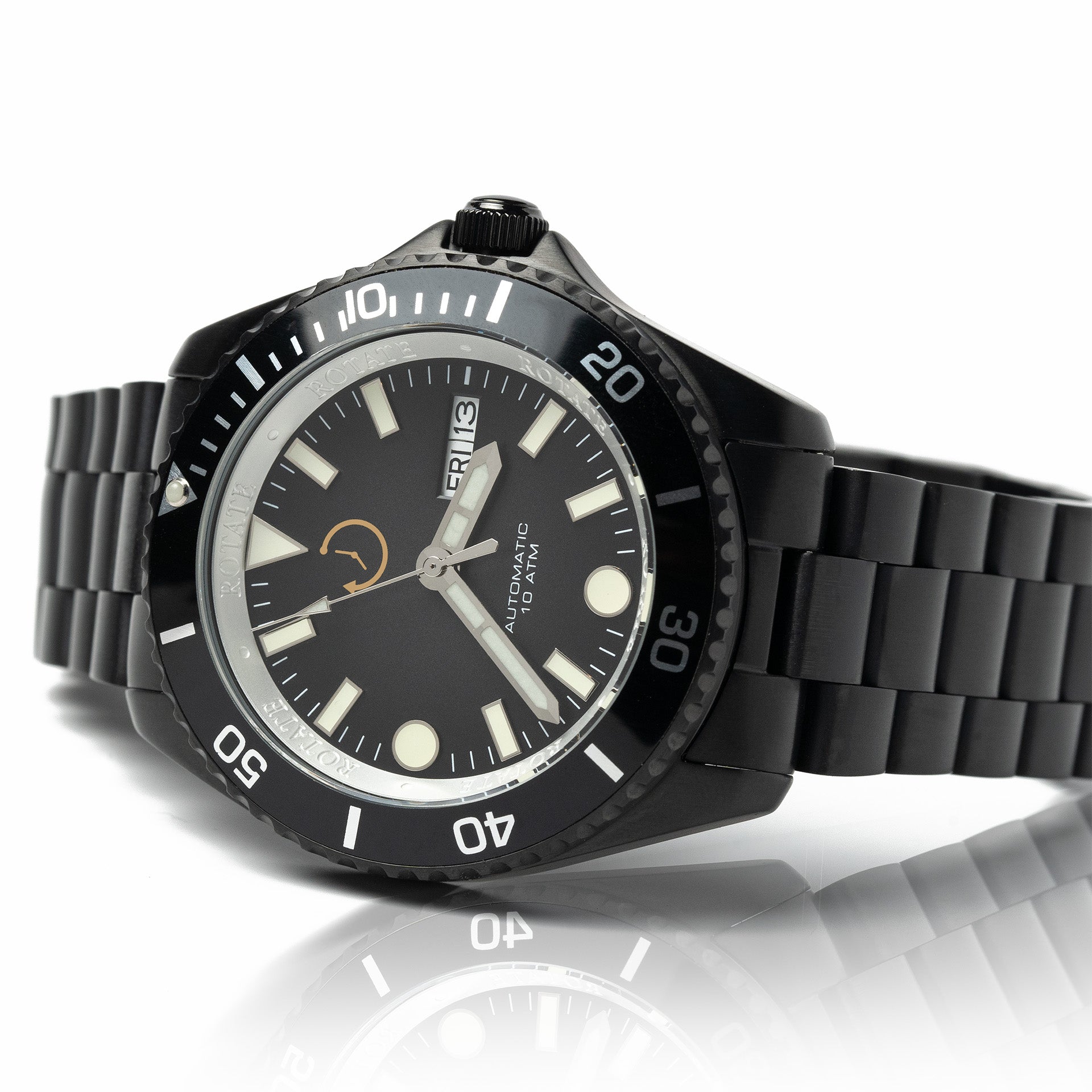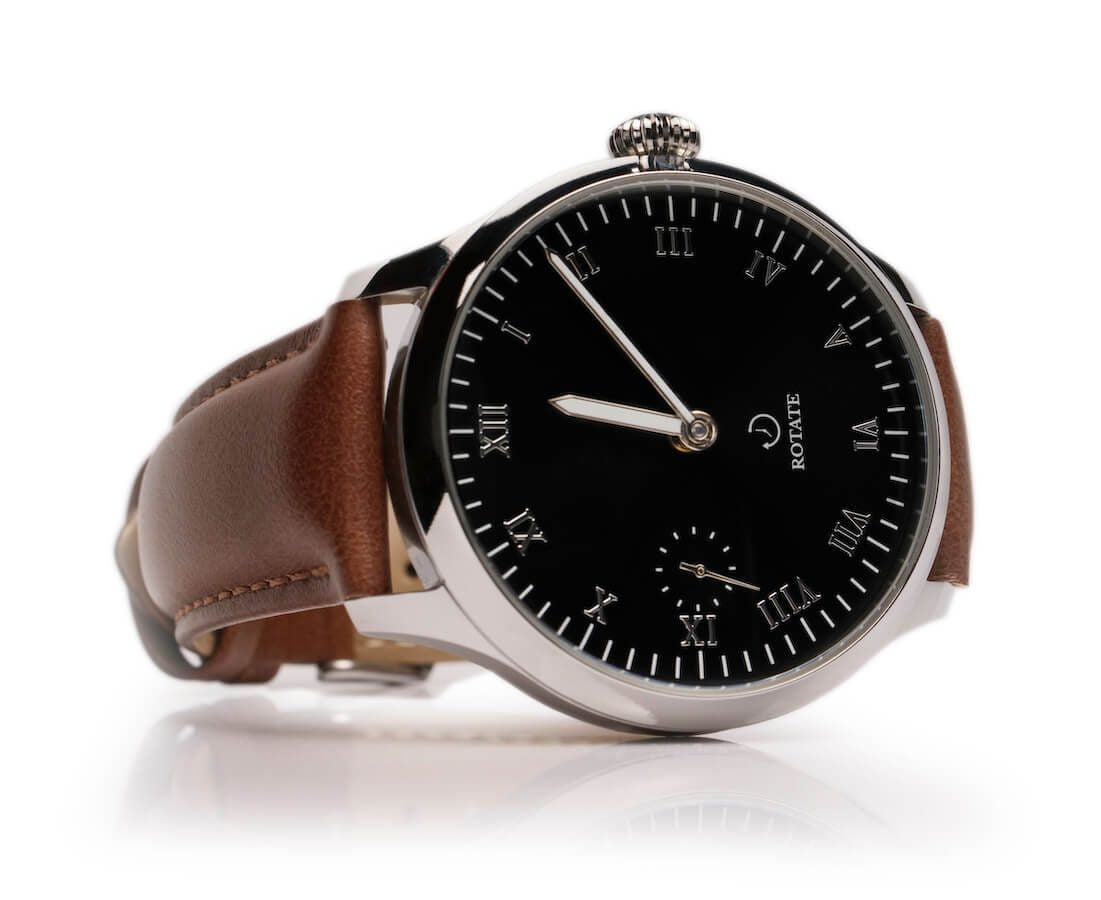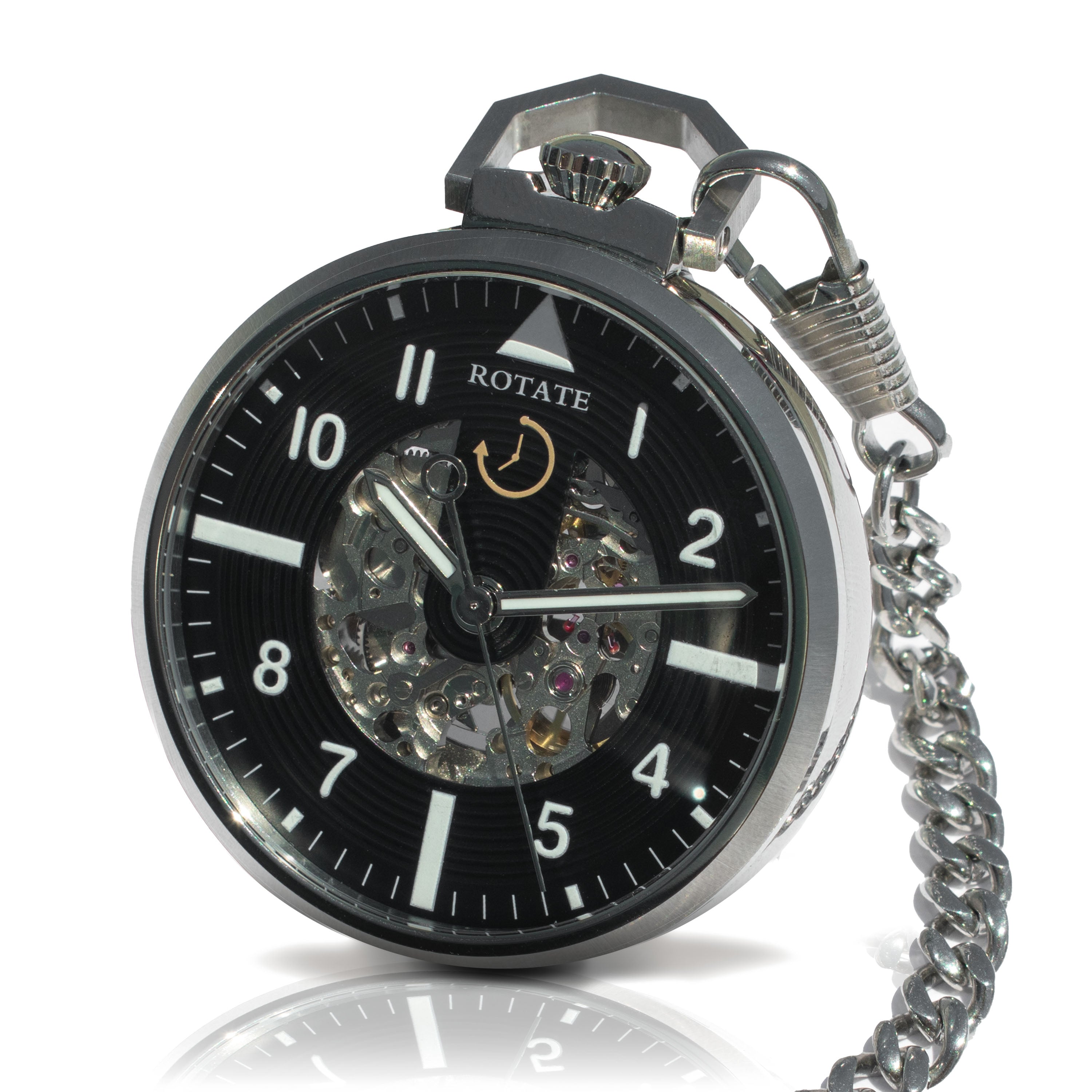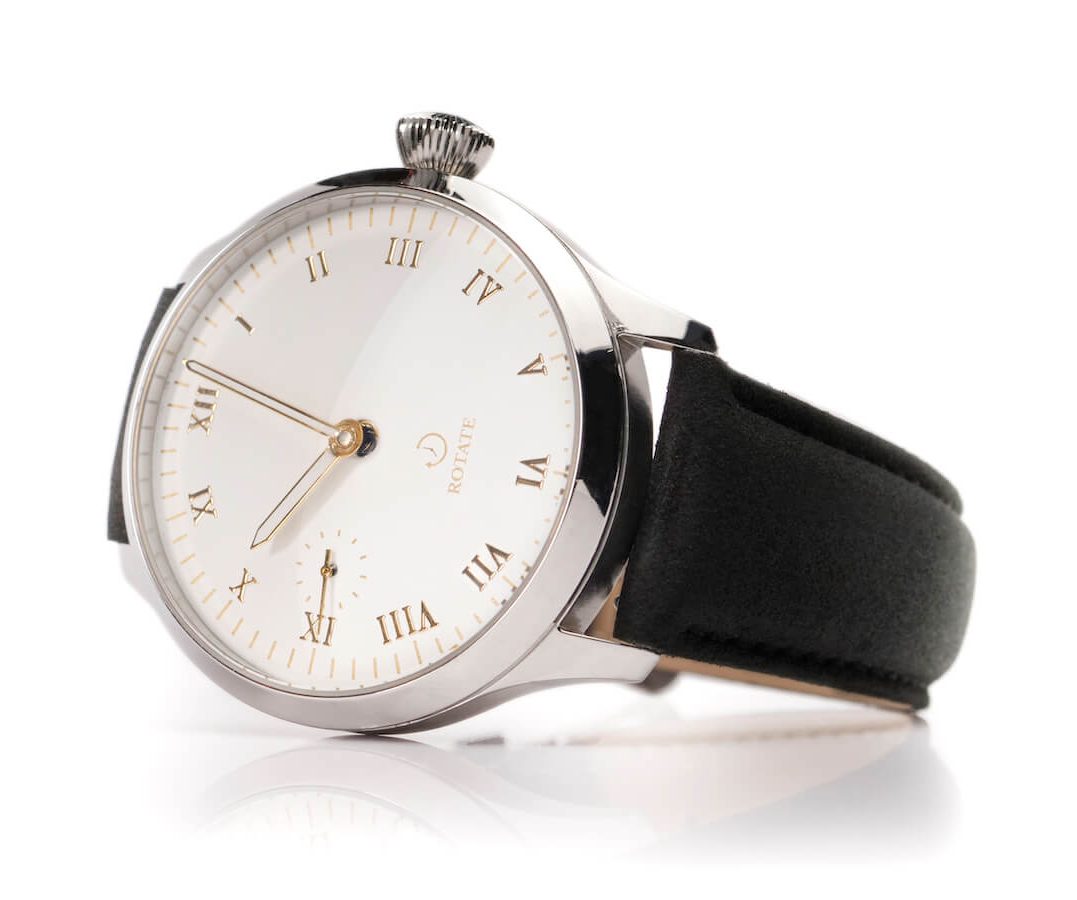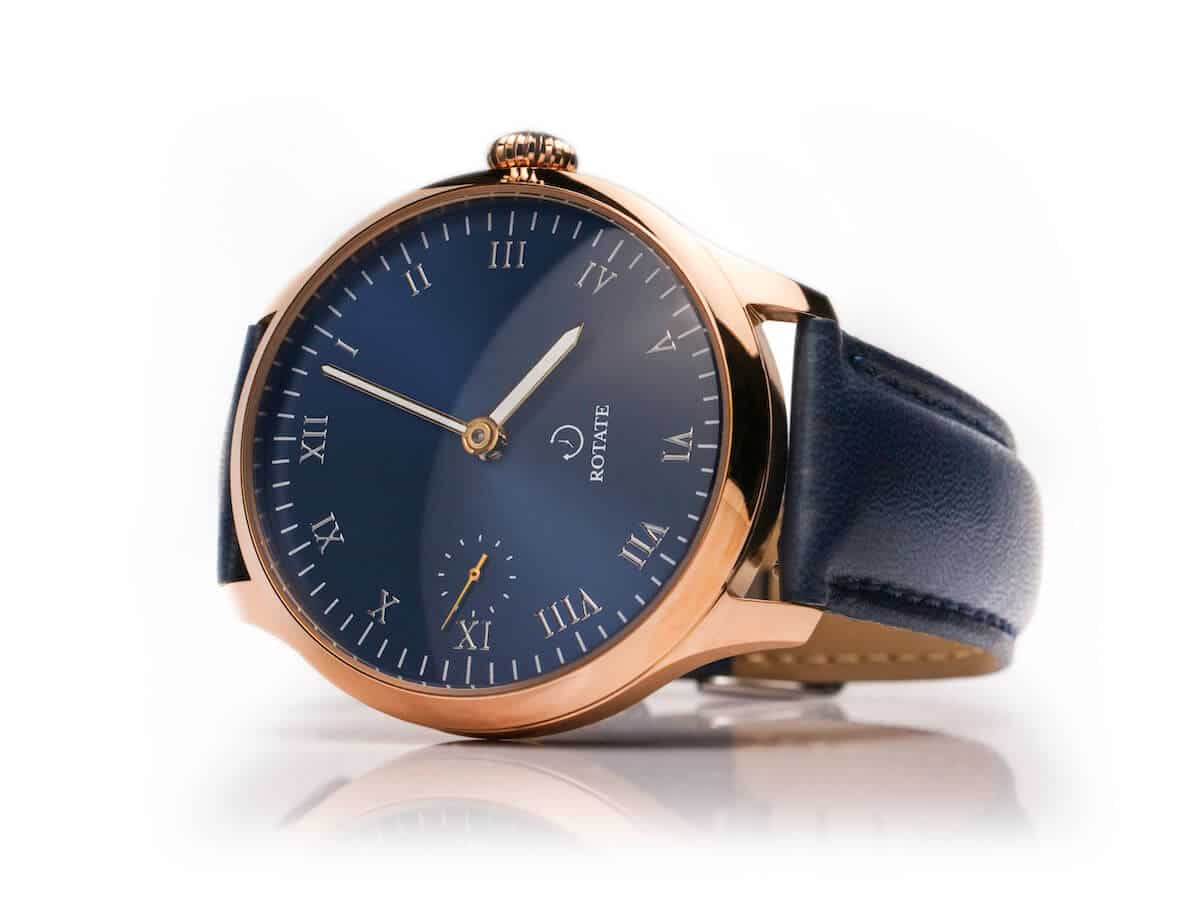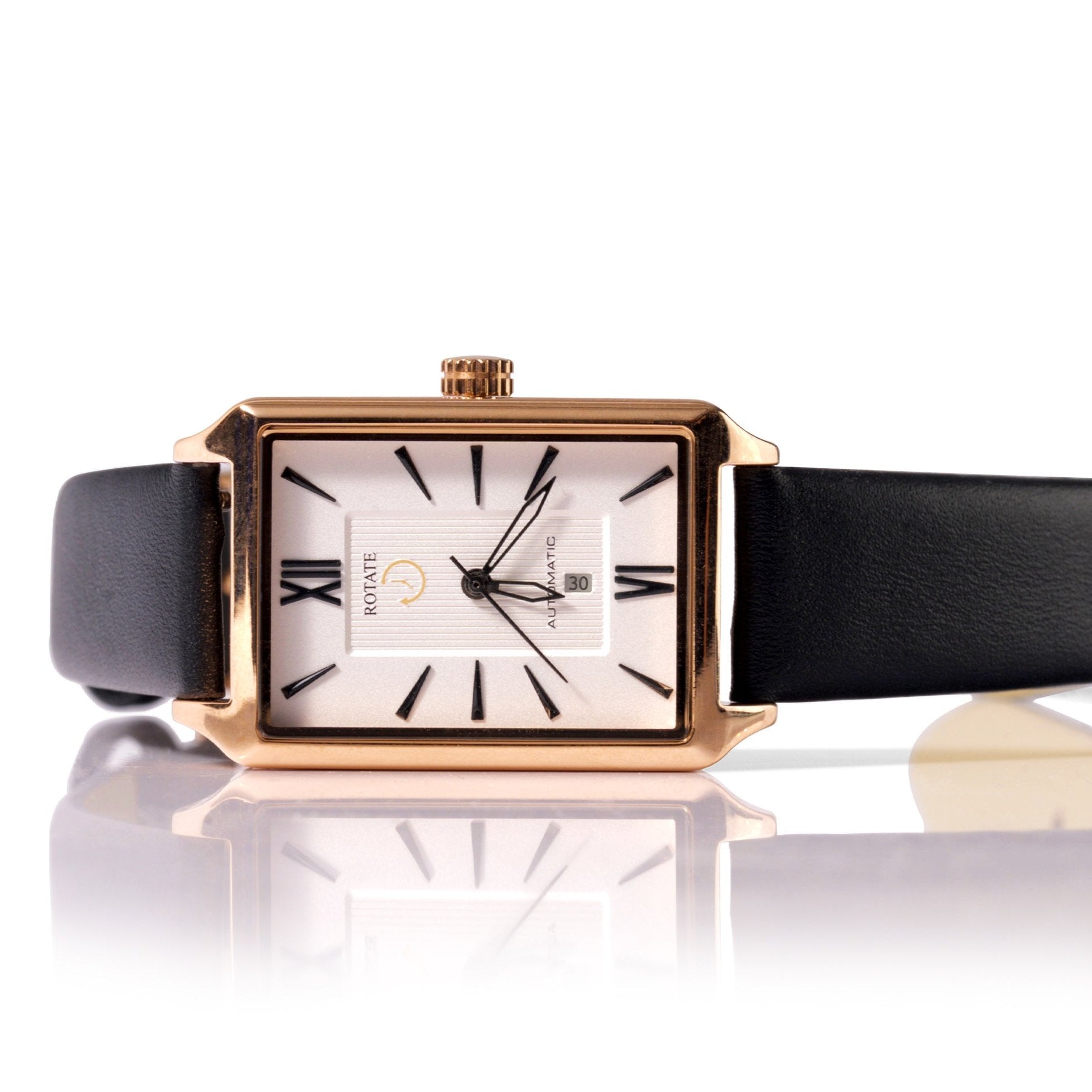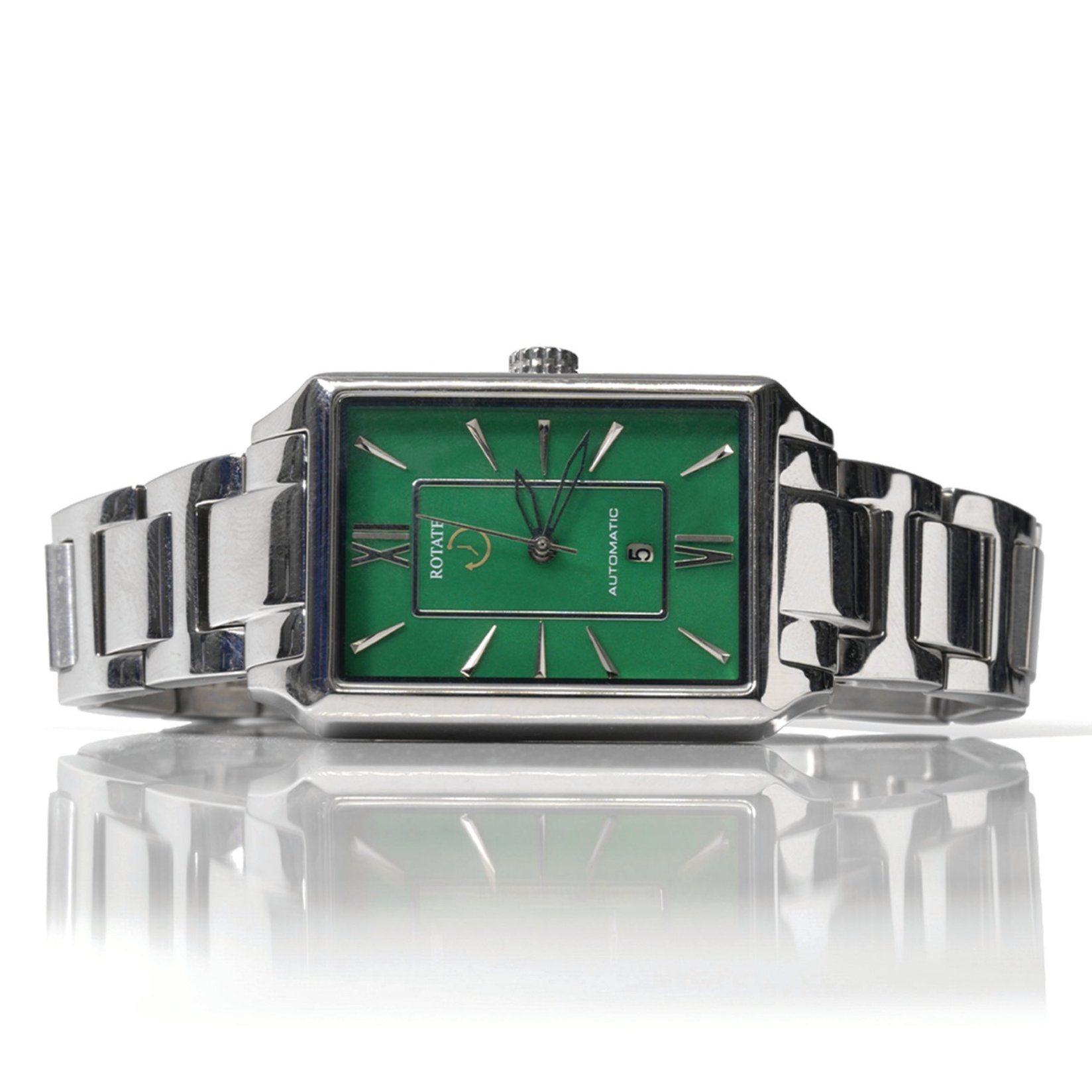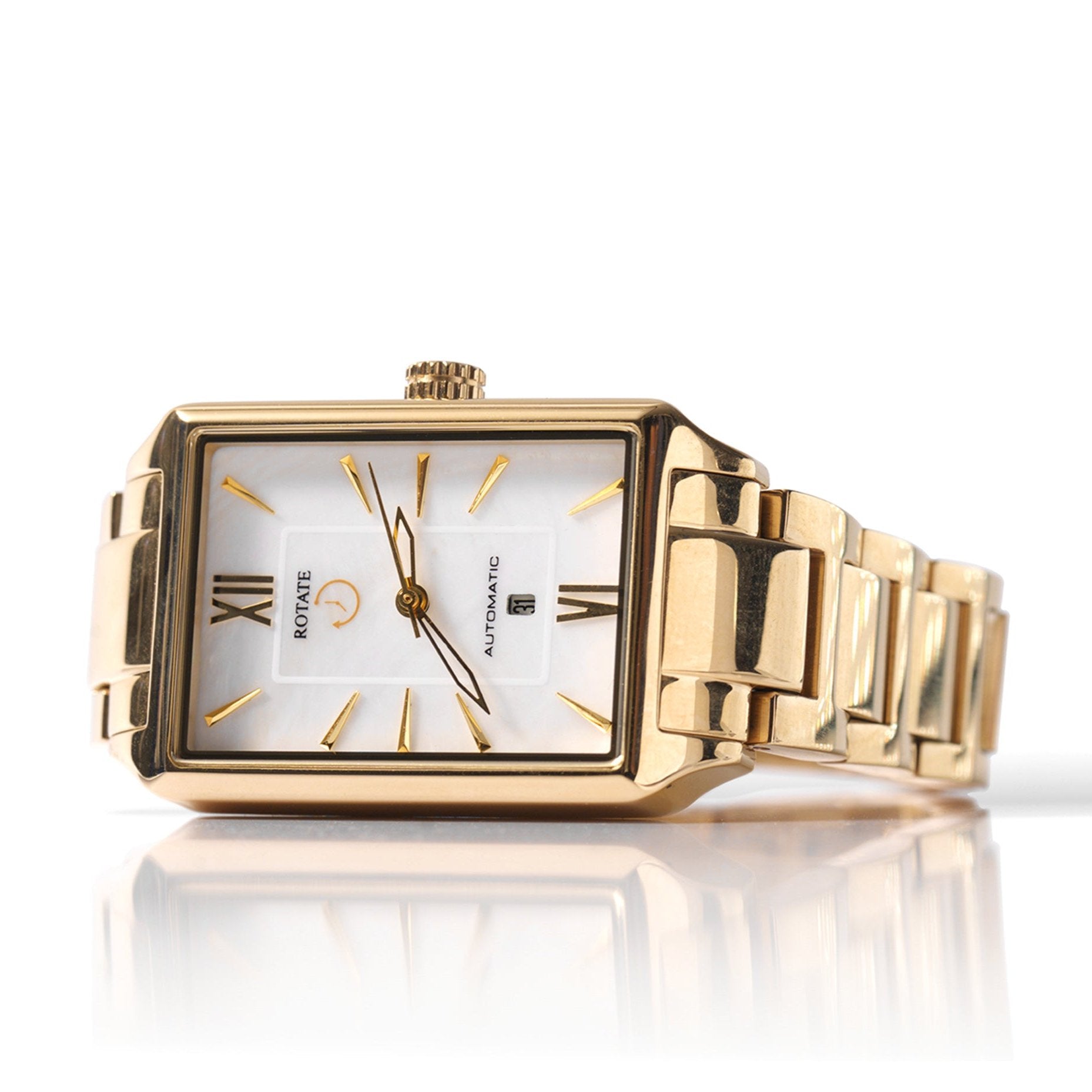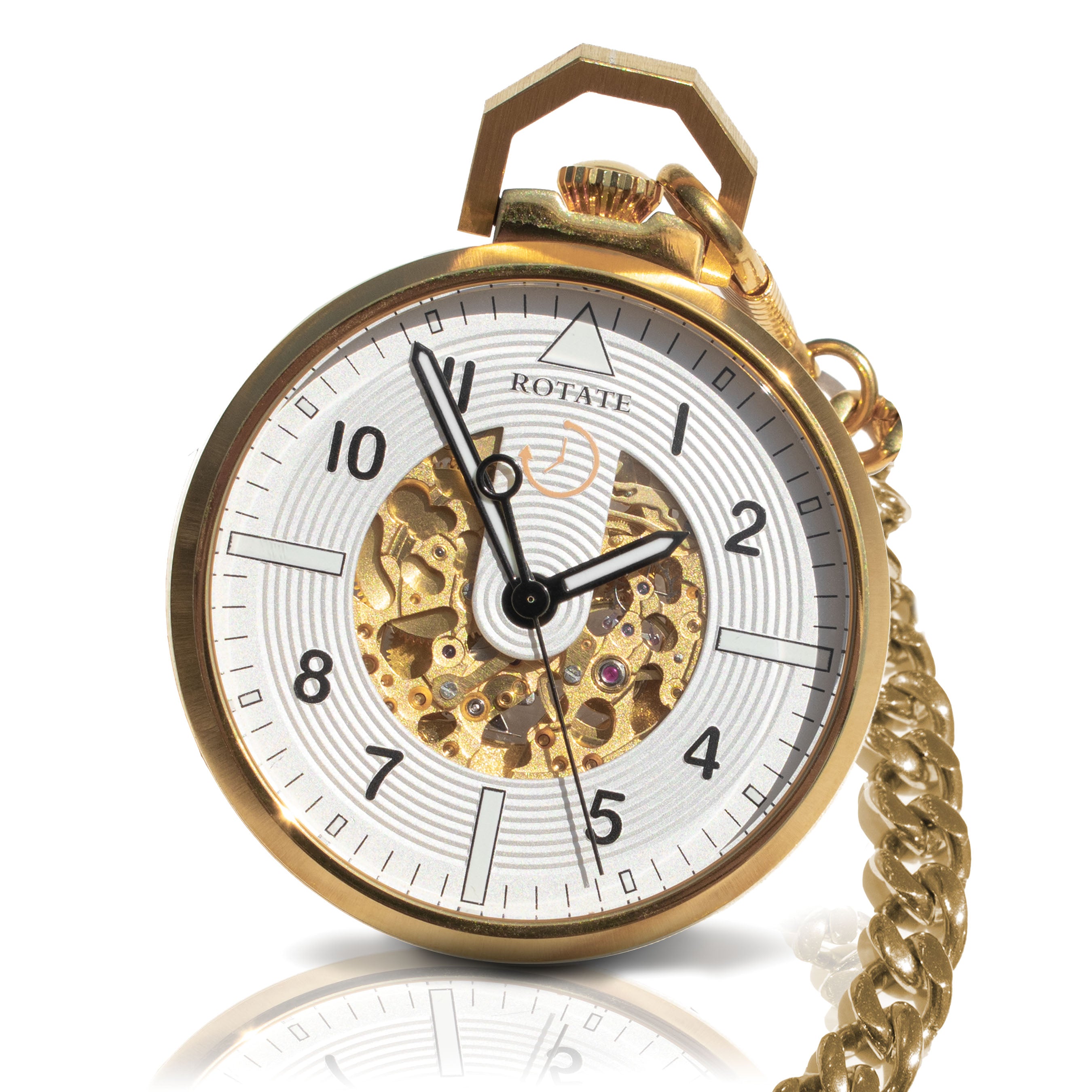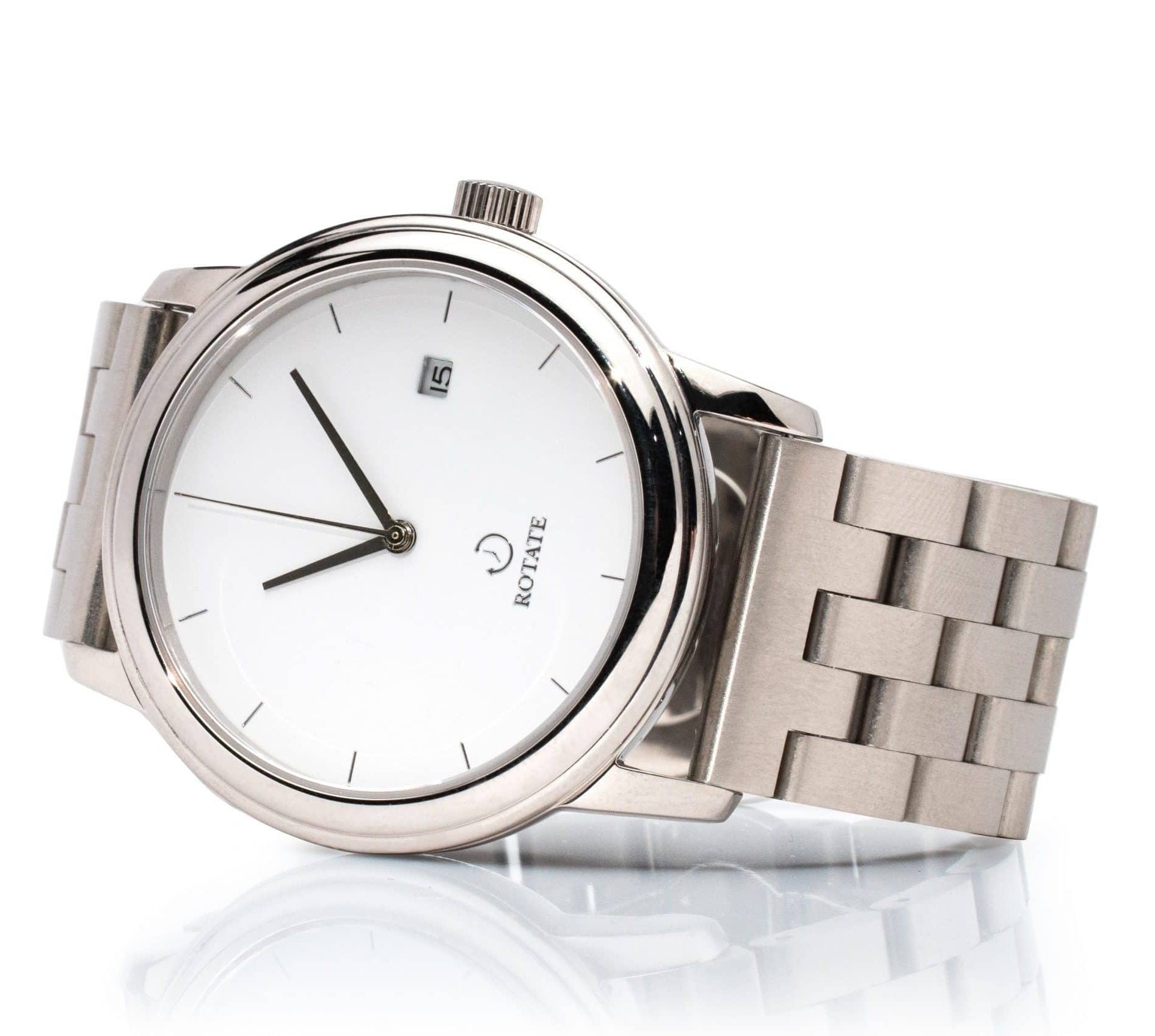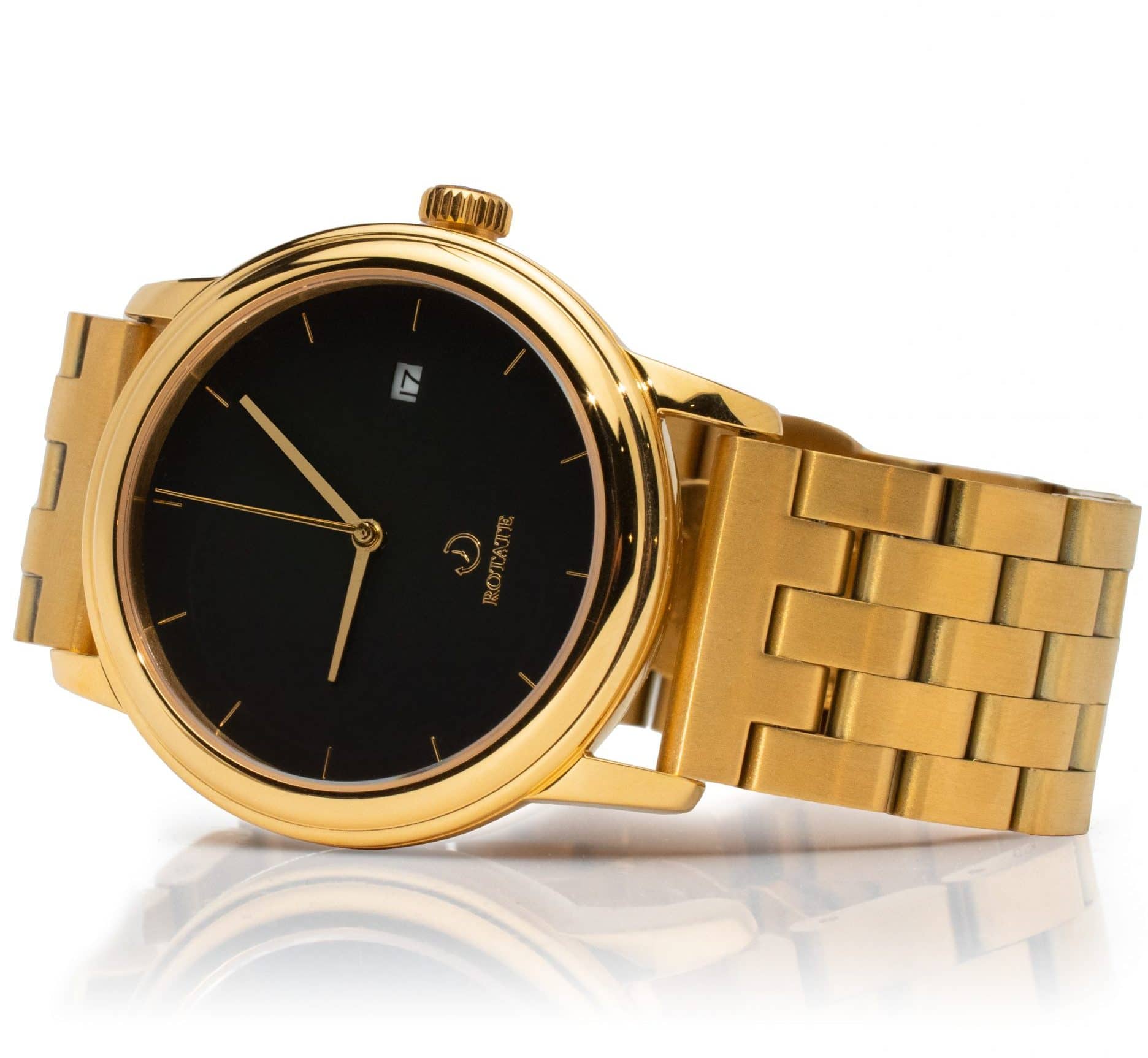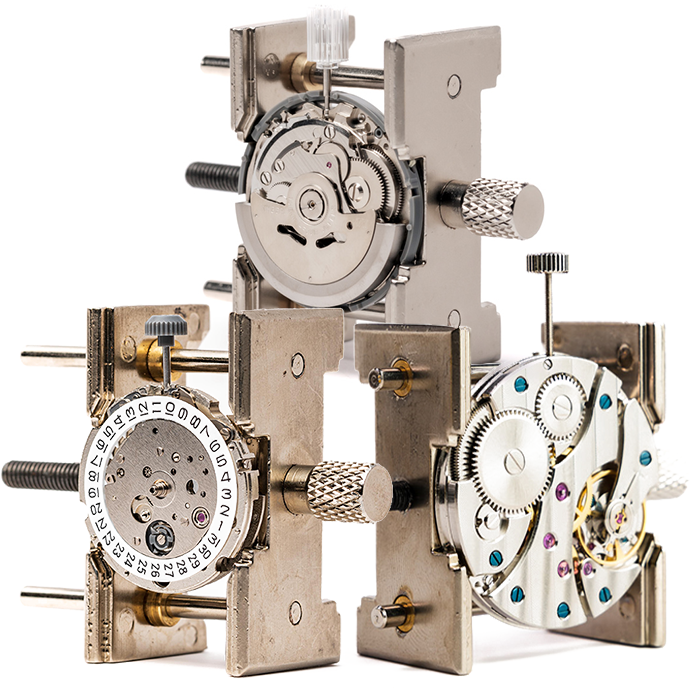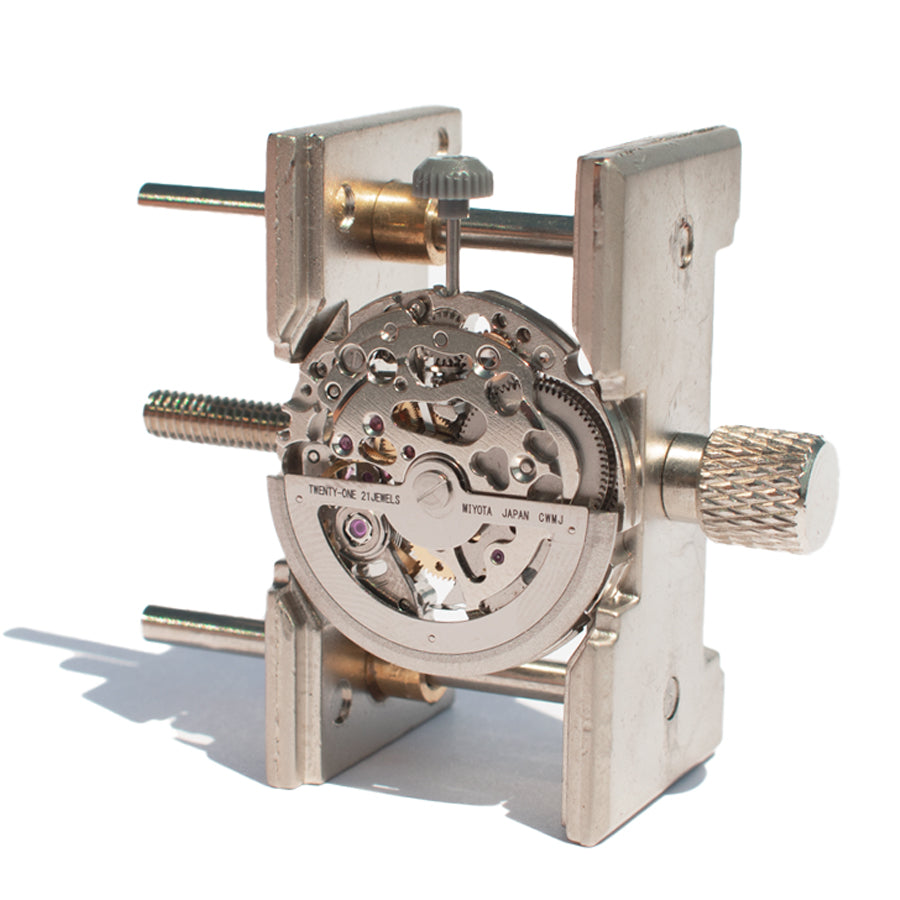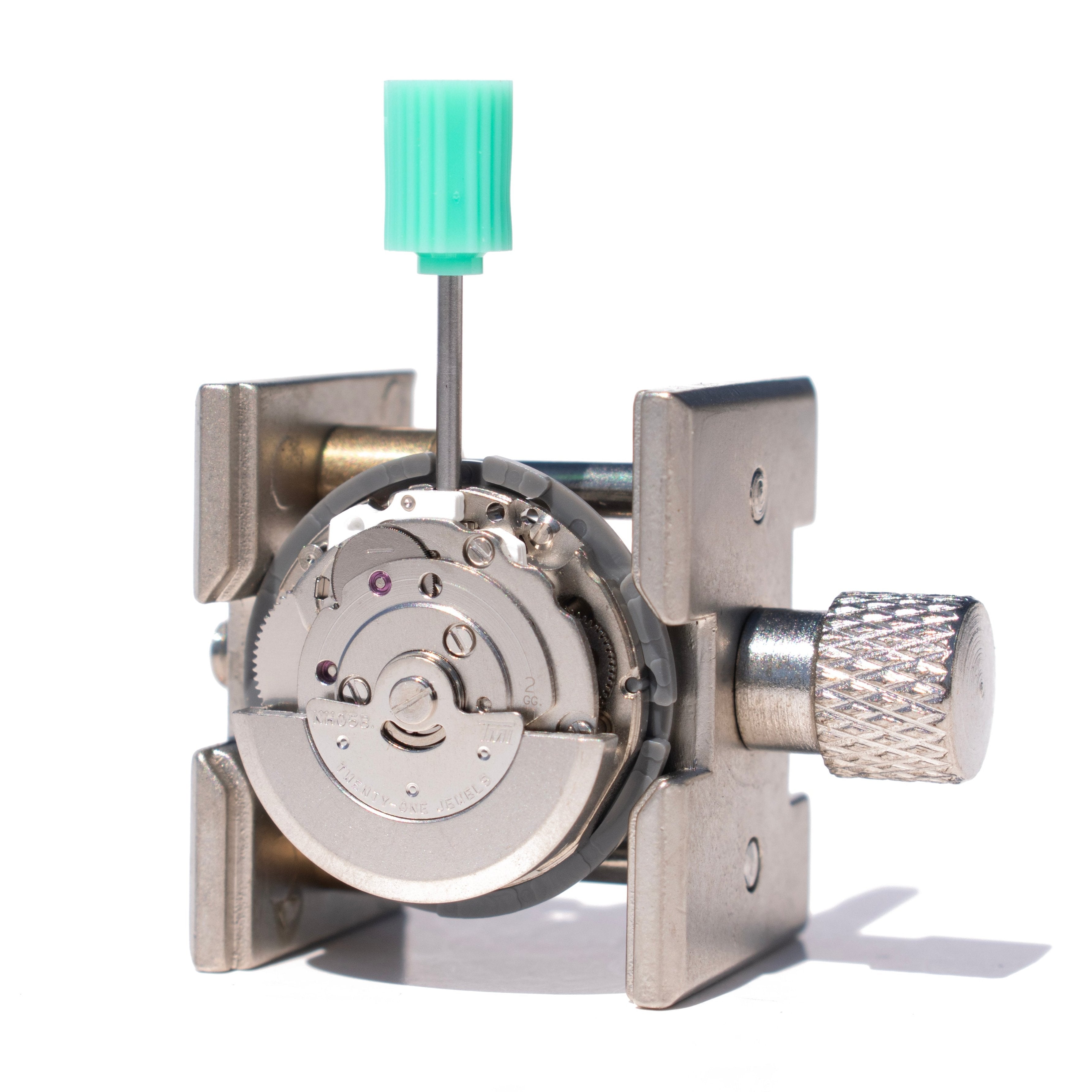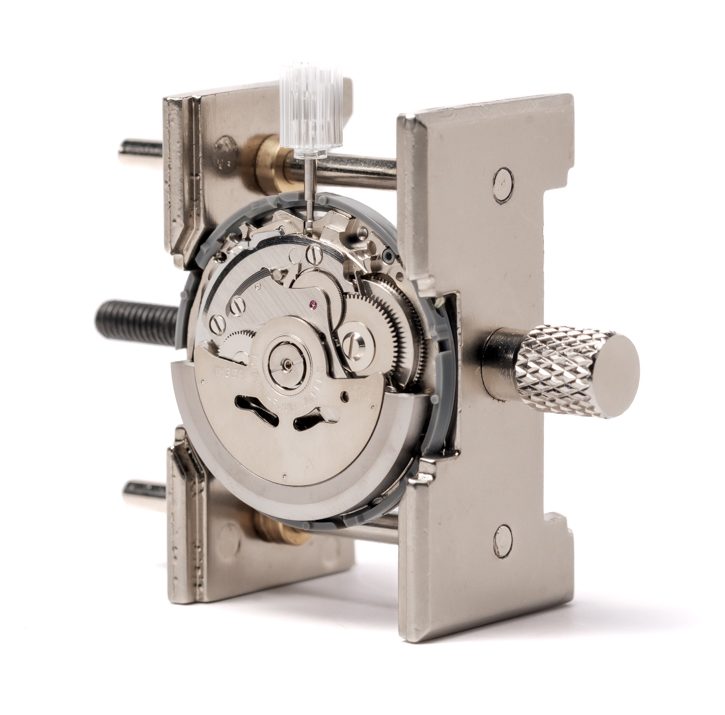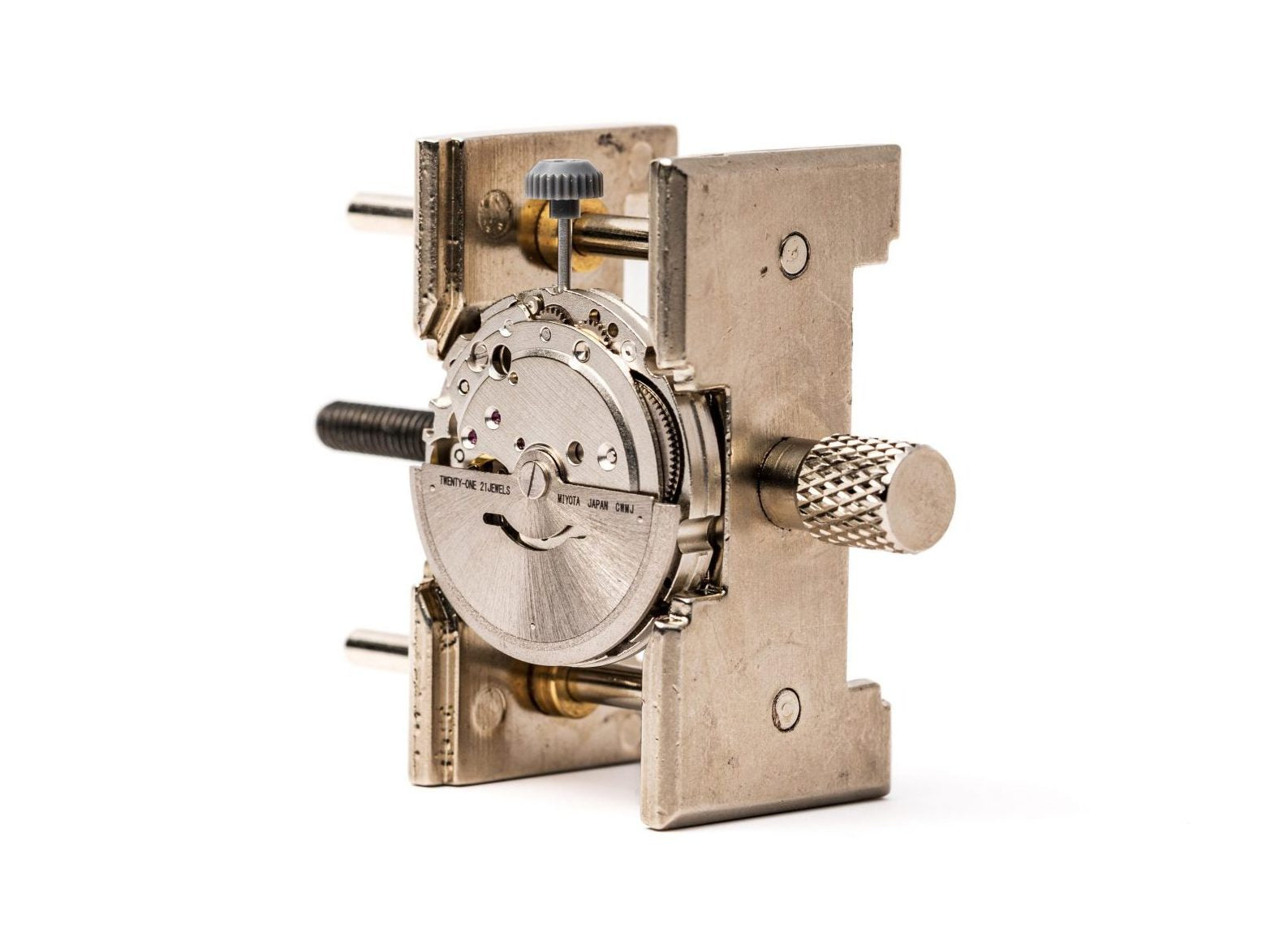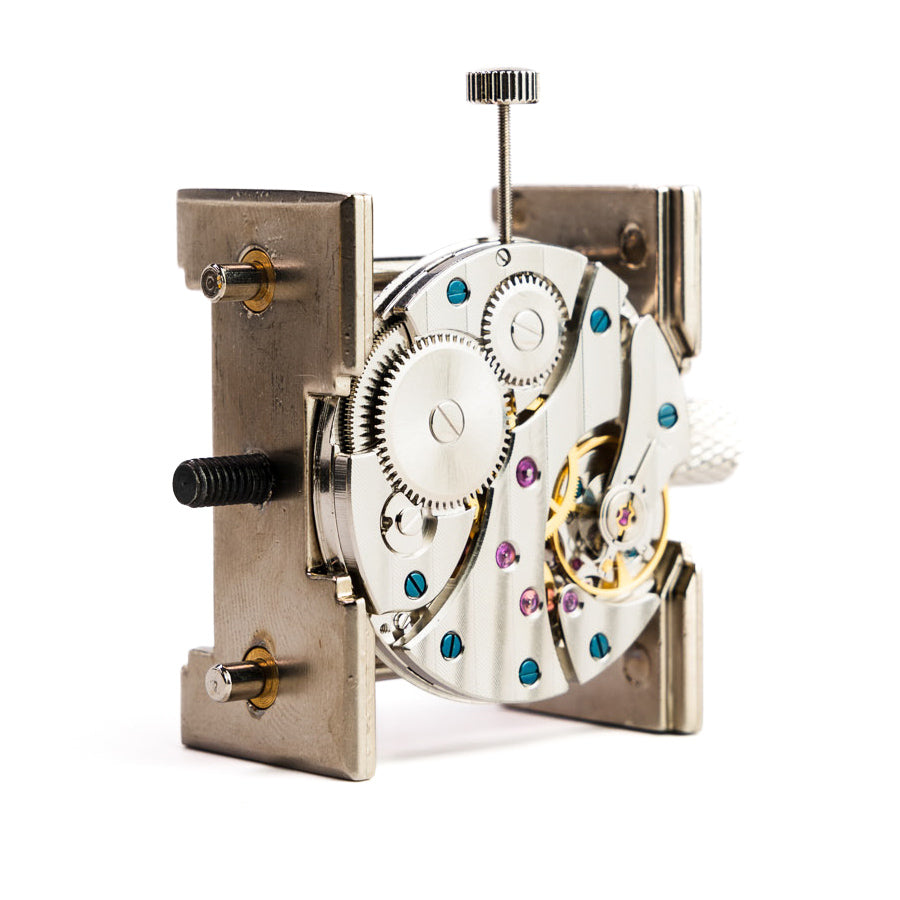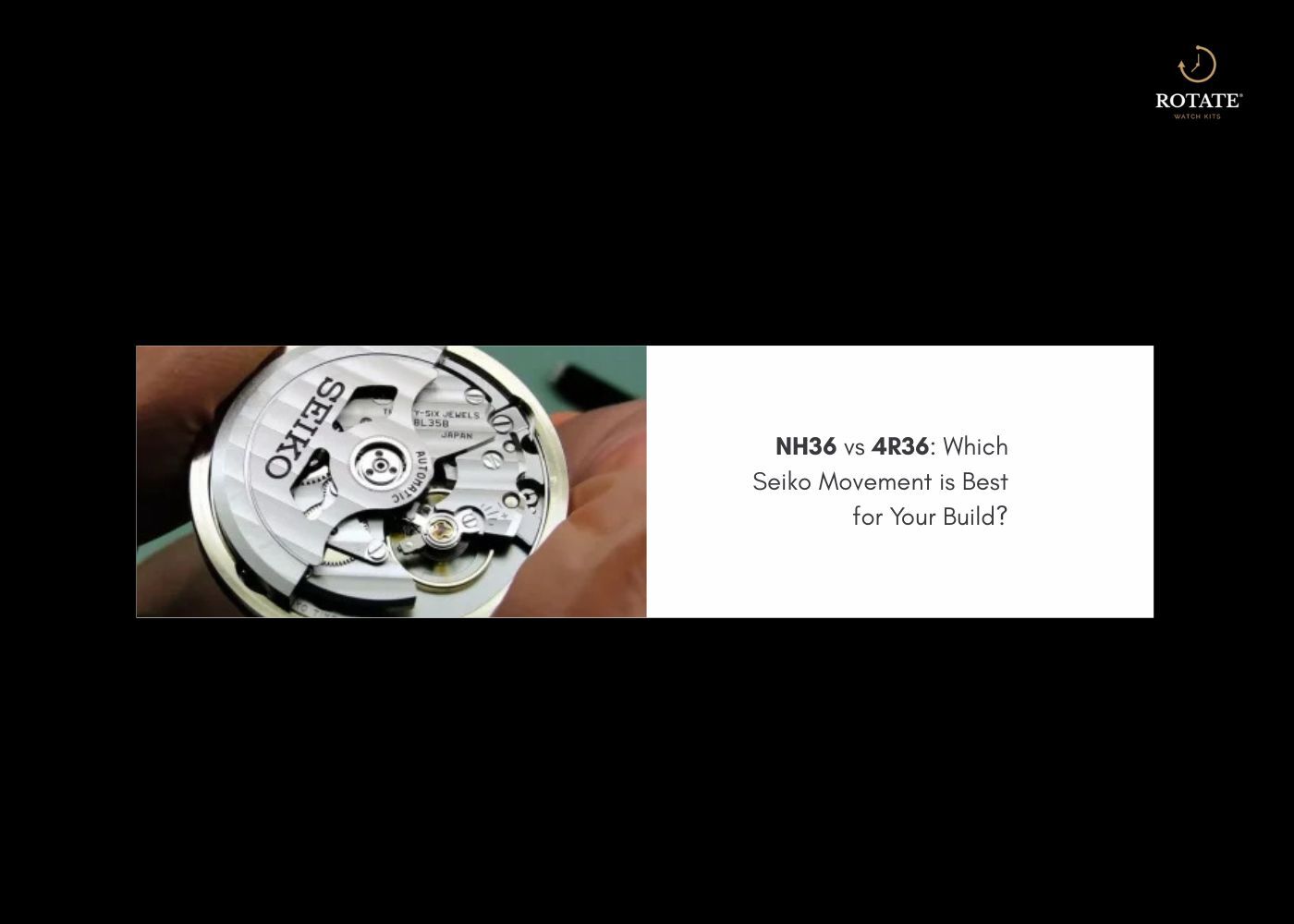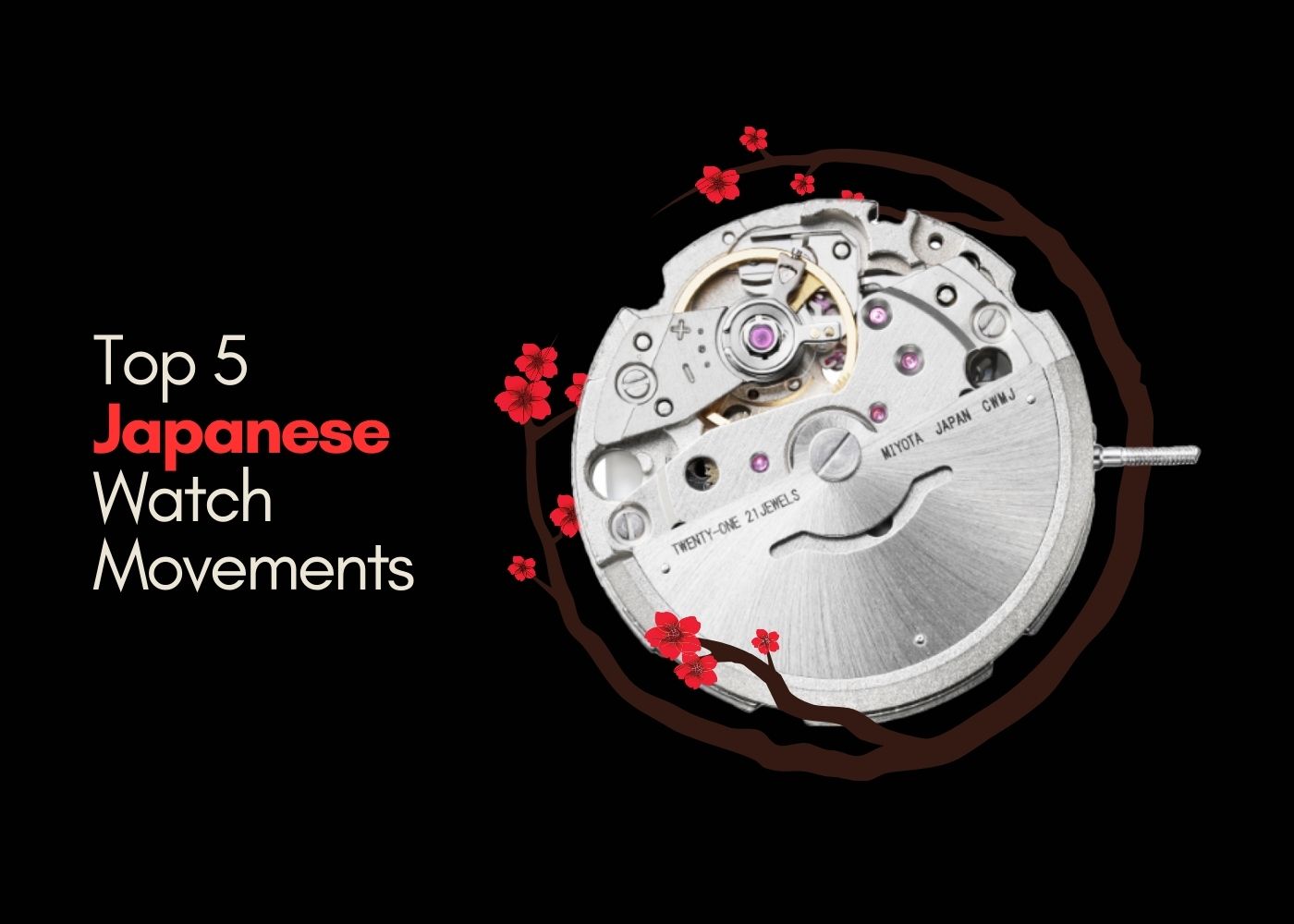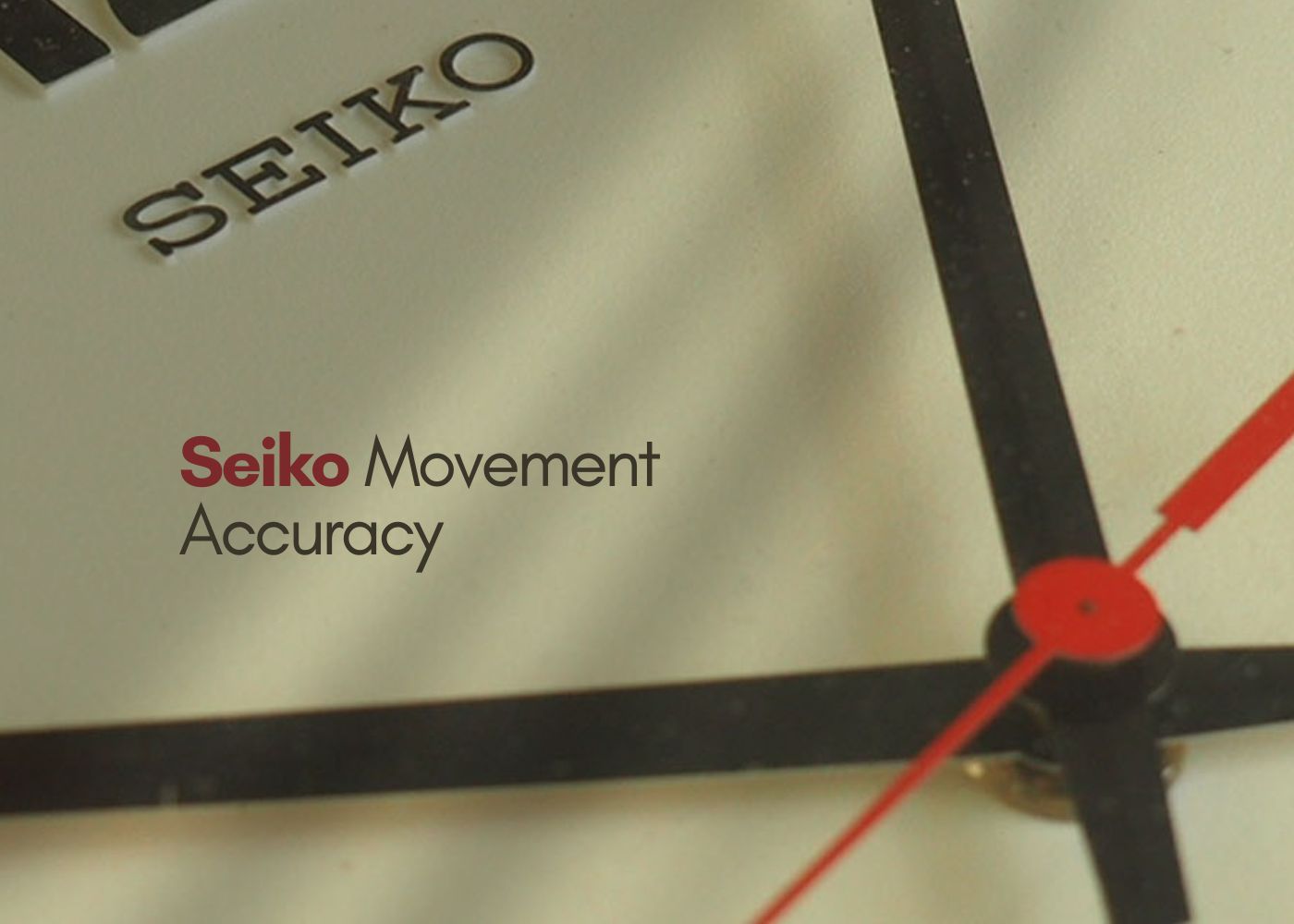
Seiko Movement Accuracy: A Comprehensive Analysis
Have you ever questioned just how accurate Seiko watches really are? Seiko has been a respected name in the watch industry for decades, known for blending innovation with tradition. This comprehensive analysis explores Seiko movement accuracy, breaking down Seiko quartz accuracy, Seiko automatic accuracy, and highlighting the best Seiko movements, delving into the differences between quartz vs mechanical movements, and highlighting the unique Seiko features that contribute to their renowned watch accuracy.
Understanding Watch Accuracy
Before diving into Seiko's specifics, it's important to understand what watch accuracy means. Accuracy refers to how closely a watch keeps time compared to the true time. Several factors influence accuracy, including the types of watch movement, environmental conditions, and regular maintenance.
Factors Affecting Watch Accuracy
Several elements can influence a watch's precision:
Type of movement used; temperature variations affecting components; exposure to magnetic fields; the position in which the watch is worn or stored; and regular maintenance and servicing all play significant roles.
Appreciating these factors helps in understanding the efforts brands like Seiko put into achieving high levels of accuracy.
Quartz vs Mechanical Movements
The debate between quartz vs mechanical movements is a longstanding one among watch enthusiasts. Both have their merits, and Seiko excels in producing both types.
Quartz Movements
Quartz watches are powered by a battery and use a quartz crystal oscillator to keep time. They are known for exceptional accuracy and low maintenance.
Accuracy of ±15 seconds per month. Minimal upkeep, with battery changes every few years. Ideal for those who prefer precision without frequent adjustments. This level of Seiko quartz accuracy ensures dependable performance in daily use, rivaling or surpassing many other mainstream quartz brands.
Mechanical Movements
Mechanical watches use a spring-driven mechanism and are valued for their craftsmanship and tradition.
Accuracy varies between +25 to -15 seconds per day for standard movements. Require regular servicing every 3 to 5 years. Appeal to enthusiasts who appreciate the art of watchmaking. Models like the Seiko 5 movement and Seiko 4R36 accuracy fall within this range, offering reliable performance that improves with proper maintenance and regulation. When considering how long do automatic watches last, factors such as maintenance, movement quality, and usage habits play a key role in their longevity.The Seiko 5 accuracy is often cited by collectors as impressively stable for its price range, making it a standout among entry-level automatics.
If you're intrigued by mechanical movements, the Seiko NH36 Movement Kit offers an excellent opportunity to build and understand a mechanical watch firsthand.
Seiko Movement Accuracy
So, how does Seiko movement accuracy compare? Seiko offers a range of Seiko watch movements that cater to different preferences and budgets, all maintaining high standards of precision. Whether you're looking at Seiko 5 movement accuracy, the most accurate Seiko movement from the Grand Seiko range, or even the Seiko 8A70 movement, Seiko's engineering precision remains a defining strength.
Seiko Quartz Movements
Seiko's quartz movements are among the most accurate in the industry.
Accuracy of ±15 seconds per month for standard models. High-end models like the 9F series offer accuracy of ±10 seconds per year. Incorporate Seiko features like thermocompensation to maintain precision. These figures make the 9F among the most accurate Seiko movements ever produced - a testament to Seiko's mastery of quartz regulation.
Seiko Mechanical Movements
Seiko's mechanical and automatic movements are respected for reliability and value. The brand's Seiko automatic accuracy continues to impress enthusiasts, from the workhorse Seiko 4R36 to the finely tuned 6R15.
The 4R36 movement has accuracy of +45 to -35 seconds per day. Higher-grade movements like the 6R15 offer accuracy of +25 to -15 seconds per day. Use advanced materials like Spron alloys for mainsprings, enhancing performance.
For those interested in experiencing the craftsmanship of mechanical watches, the Miyota 8215 Movement Kit provides a great hands-on experience with a movement known for reliability.
Comparing Seiko with Swiss Movements
Many watch enthusiasts wonder how Seiko stacks up against Swiss movements. When evaluating Seiko movement accuracy versus Swiss brands, it's clear Seiko has carved out a unique balance between precision, innovation, and affordability.
Craftsmanship and Innovation
Seiko focuses on technological innovation and accessible pricing. Swiss movements are known for traditional craftsmanship and luxurious finishing.
Accuracy
Seiko's high-end quartz movements rival or surpass Swiss counterparts in accuracy. Mechanical movements from both regions offer similar performance in their respective classes.
Value for Money
Seiko provides exceptional value, offering features typically found in more expensive Swiss watches. Ideal for those seeking quality without a premium price tag.
Seiko's Most Accurate Movements
Curious about what is Seiko's most accurate movement? Here are the top contenders:
9F Quartz Movement
Accuracy of ±10 seconds per year. Features instant date change and high-torque hands. Found in Grand Seiko models. These figures make the 9F among the most accurate Seiko movements ever produced - a testament to Seiko's mastery of quartz regulation. It's widely recognized as the most accurate Seiko movement, combining near-perfect quartz stability with long-term reliability.
Spring Drive Movement
Combines mechanical and quartz technology. Accuracy of ±1 second per day. Offers a smooth glide motion of the second hand. Among enthusiasts, the Spring Drive is often hailed as the best Seiko movement ever made for merging the soul of mechanical craftsmanship with quartz precision.
These movements showcase Seiko's dedication to pushing the boundaries of watch accuracy.
Key Seiko Features Enhancing Accuracy
Several unique Seiko features contribute to their watches' impressive accuracy.
● Use of Spron alloys in mainsprings and hairsprings increases consistency.
● Implementation of MEMS technology for precise component manufacturing.
● Magic Lever system improves winding efficiency in automatic movements.
● Rigorous quality control ensures each watch meets strict accuracy standards. Together, these advancements ensure consistent Seiko movement accuracy across collections - from the entry-level Seiko 5 to the luxury Grand Seiko line.
Whether you're comparing Seiko quartz accuracy or testing Seiko automatic accuracy, understanding these movements helps you choose the model that best fits your needs.
Experiencing Watchmaking Yourself
If the world of watch movements fascinates you, why not try building your own watch?
Getting Started with Watchmaking
Building your own watch can deepen your appreciation for the intricate mechanics involved.
The Miyota 8N24 Movement Kit is perfect for beginners interested in skeleton movements. The Seagull ST3600 Movement Kit offers an introduction to manual winding movements. All kits come with necessary tools and instructions.
Creating your own timepiece is a rewarding experience that combines craftsmanship and personal expression.
Conclusion
Seiko's commitment to accuracy and innovation positions them as a leading force in the watch industry. Whether you're drawn to the precision of their quartz models or the artistry of their mechanical watches, Seiko offers something for every enthusiast. Ready to explore the world of watchmaking further?
Here are the most accurate watch movements ever made, read about them as well if you're intereseted in watch movements.
Check out the selection of Watch Movement Kits at Rotate Watches and embark on your own horological journey today!
FAQs
Q1. How good is Seiko movement?
Seiko movements are highly regarded for their reliability and accuracy, offering excellent value across both quartz and mechanical ranges.
Q2. What is Seiko's most accurate movement?
The 9F quartz movement and the Spring Drive movement are Seiko's most accurate, with deviations as low as ±10 seconds per year and ±1 second per day, respectively.
Q3. How does Seiko compare to Swiss movements?
Seiko compares favorably with Swiss movements, often providing similar accuracy and features at more accessible prices.
Q4. What's the difference between quartz and mechanical movements?
Quartz movements are powered by a battery and are highly accurate, while mechanical movements rely on a wound spring and are valued for their craftsmanship.
Q5. Can I build my own watch?
Absolutely! With kits like the Seiko NH36 Movement Kit, you can build your own watch and learn about the mechanics involved.
Q6. How accurate are Seiko automatic watches?
A: Seiko automatic accuracy typically ranges from +25 to -15 seconds per day for most models like the Seiko 4R36 or Seiko 5 movement. Higher-end Seiko automatics, such as those in the Presage or Grand Seiko lines, can achieve even tighter accuracy ranges, often within +10 to -5 seconds per day when properly regulated.

